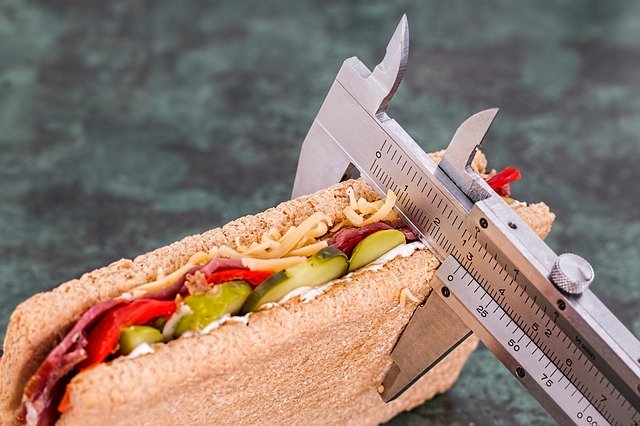Mental Bodybuilding Techniques – The Preperation and Breathing Importance

There has been a lot of research on bodybuilding to learn what works and what don’t, so you can rely on tried and true bodybuilding techniques and get the results you want. But they have yet to do a great deal of research regarding the role the mind plays in building muscle.
Mental Bodybuilding Techniques – The Preperation and Breathing Importance
Even so, I don’t think you can underestimate the importance of the mental aspect of bodybuilding. I think if you truly want to transform your physique and to build muscle and gain weight fast, you need to make sure your brain is part of the program and it starts with a positive mental attitude.
As you progress in your training you will begin to understand the power of the mind and breathing importance. The mind plays a large roll in all aspects of life and training is no different.
As you stretch and prepare for your set, you will know how many repetitions you need to do, to achieve your goal. Now you must focus your mind on achieving what is required.
Repeat to yourself this figure and convince yourself there is NO WAY you will not achieve this figure. Fight until you get it. Then you see what happens when mind power becomes involved…
Breathing Techniques During Preperation
The most efficient way to breathe is in through your nose and slow controlled breaths out through the mouth. This will help keep the heart rate at a good pace and help you to focus as you prepare the mind for the challenge which lies ahead.
I encourage you to keep this at the forefront of your mind and make this a part not only your workout routine but of your daily life.

Breathing Correctly During The Workout
During your dynamic warm ups one of the most important factors in helping you push through the tougher stages of a workout is breathing correctly. I know it sounds so simple but as you’ll soon discover it’s one of the hardest tasks to get right!!
As you just learnt the most efficient way to breathe in normal life is in through your nose and out through the mouth. This is also the key to success during your workouts. Do not worry if you don’t get this the first time, for many this will take practice.
But once success is had, you will push through your workout with an amazing amount of extra energy that you would never believe existed inside of you! Breathing properly during a workout is crucial, it can literally make or break you entire set.
Breathing Perfectly During Your Sets
As a general rule of thumb, whenever the exercise is at its hardest – which is always at the start of the movement – is when you should be breathing out.
- So before starting any exercise breathe in through your nose!
- When you are bringing the weight back and getting ready for the next ‘hard’ part; this is when you should be sucking in the air! (recovering is the technical word here!)
To help you get this right I recommend counting during each repetition.
Mixing counting with breathing…
When working out you should count to a rhythm. This is great as it distracts you from the actual exercise causing you to focus more deeply on getting it right.
Through the ‘hard’ part of the set you should count to two. This is when you will be breathing out and pushing or pulling that weight!
Through the recovery stage you will need to be counting to four. Sucking in the air through your nose, preparing for the next repetition .
The counting should be in sync, not too fast and not too slow. 1-2-3-4 and 1-2.
The Easy way to remember…
Tough part – Count 1-2 (or to 3) and be breathing OUT through your mouth
Recovery – Count 1-2-3-(4) and be breathing IN through your nose
Happy counting!
Choosing the right weight for your weight gain program…
How easy was your warm up? You should have been working around the 3-4 on the 1-10 scale of intensity. As you endeavour to choose the right weight for your workout the first thing you will need to do is bump up your dynamic warm up weight. Your aim will be to work at a 4-5 during your first set. Don’t go crazy, just one or two plates up will be fine.



